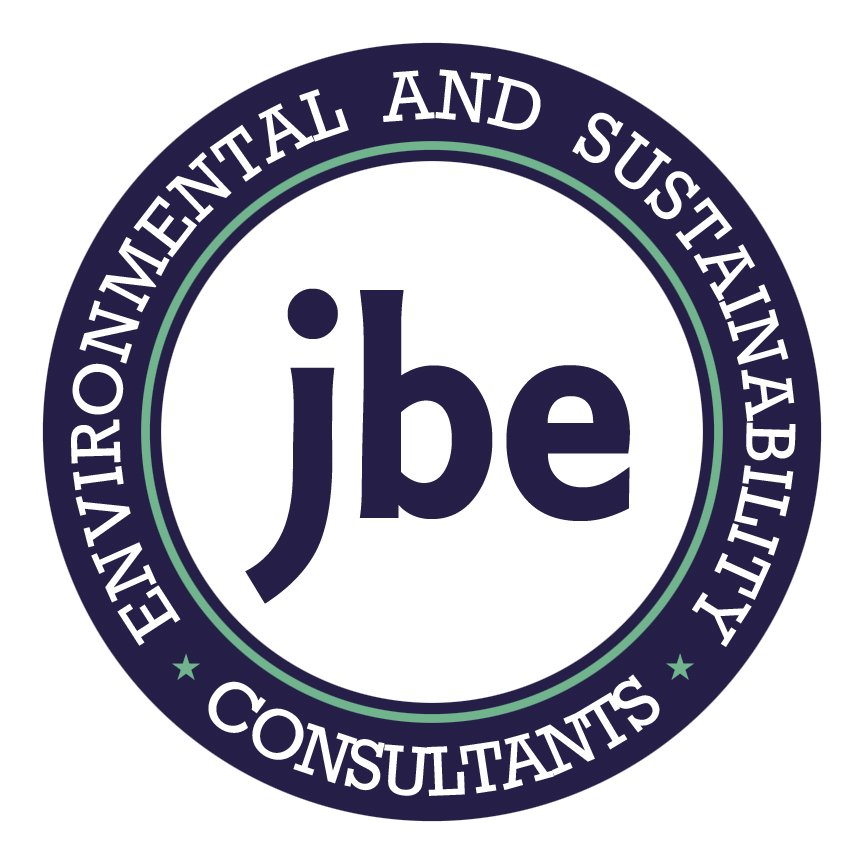Sustainability Data Management
Are you finding it difficult to work successfully with your sustainability data?
The process of collecting sustainability data is challenging. Typically there are a wide variety of sources, and these were usually designed for a purpose other than sustainability (e.g., for cost accounting). Data gathering may involve some manual steps if portions of the data are not fully electronic. The person responsible for interpreting the data may be too busy already to quality assure it. As a result, there is a significant risk that conclusions drawn from the data could be inappropriate, and future planning could be adversely affected.
Maybe a consulting team could make the process better, but only if they have a significant data focus. Here are the parts of the process and the challenges we’ve identified as we’ve work with client data. Part of the data (related to GHG reporting) may have a validation step, but other data in particular (water and waste) typically don’t already have this as part of today’s business practice.
The approach by JBE is designed to provide these benefits:
Benefit: Reduce the risk that errors/oversights/leave-outs, etc., will skew the results and lead to less-than-optimum reduction action plans (and actions)
Benefit: Reduce the year-on-year cost of data gathering by streamlining the process (and where needed, take the burden off internal staff)
Benefit: Draw on the vision for metrics and interpretation that comes from an organization that does this for others (and helps them work to deliver reductions based on what the data suggests) to develop on-target interpretations, plans and recommended actions


